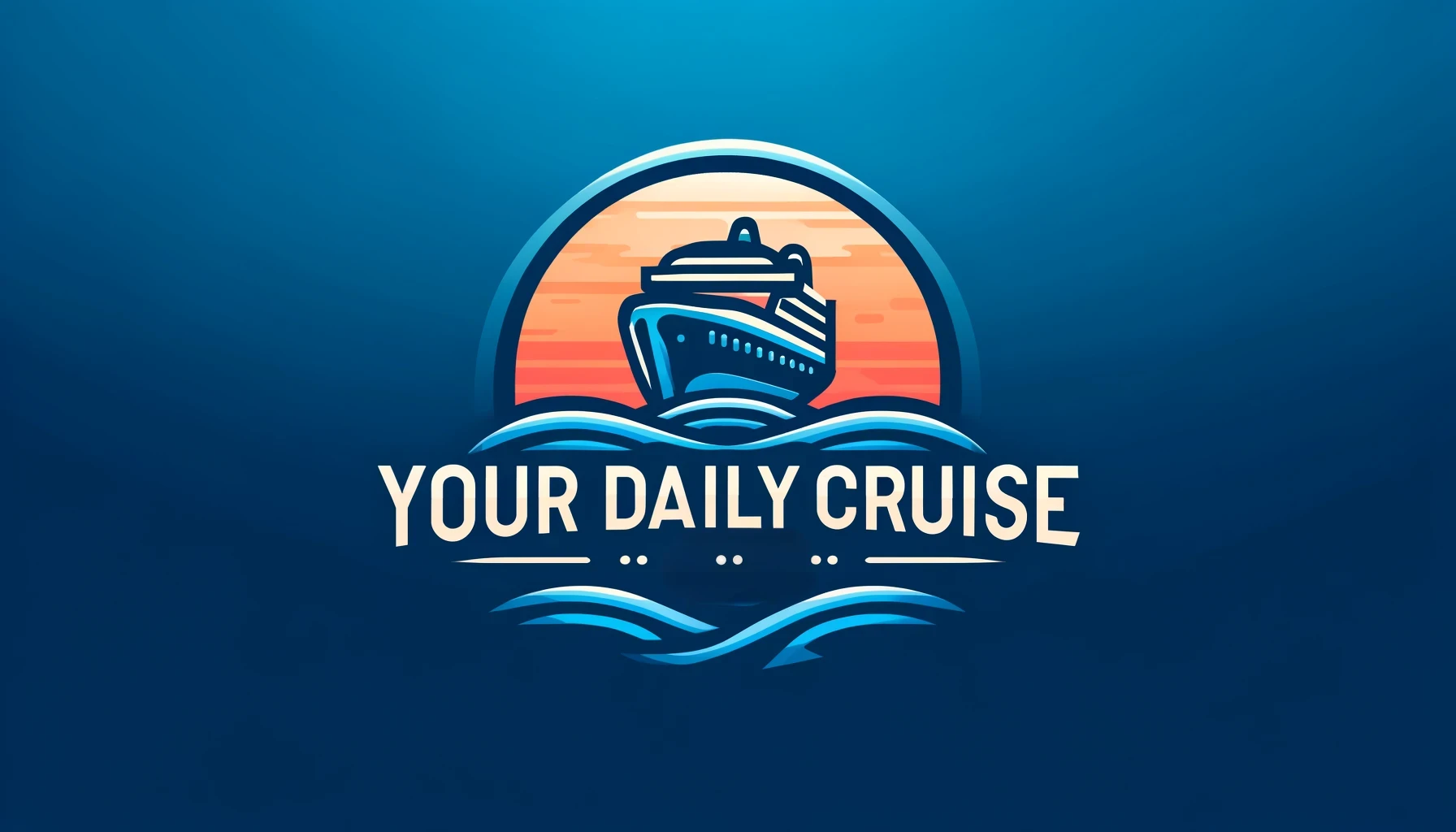
Booking a cruise can often feel like navigating a labyrinth. Each cruise line has its own pricing model, promotions, and package inclusions, which can make it difficult for travelers to compare options and find the best cruise deal. However, recent changes by Royal Caribbean and Carnival are set to simplify this process significantly. These major cruise lines are adopting a nationwide policy that will eliminate surprise fees and promote greater pricing transparency. Here’s what you need to know about these important changes.
The Challenge of Finding the Best Cruise Deal
Cruise pricing can be complicated. Unlike traditional vacation packages, cruises often feature a base price that doesn’t include many of the additional costs travelers incur. For example, Virgin Voyages includes nonalcoholic beverages and a basic internet connection in its core offering, while MSC Cruises, Norwegian Cruise Line, and Celebrity Cruises sell packages that may include things like internet access, specialty dining, or excursions. However, these packages vary widely between cruise lines, making it hard to find a true cruise deal.
Royal Caribbean and Carnival, two of the biggest names in the cruise industry, sometimes offer promotions like “kids-sail-free.” While these promotions can seem like great deals, they often come with hidden costs such as taxes and port fees that aren’t included in the advertised price. In California, this practice has come under scrutiny, leading to new legislation that requires greater transparency in pricing.
California’s Honest Pricing Law and Its Impact on the Cruise Industry
California’s Honest Pricing Law aims to eliminate hidden fees by requiring companies to disclose nearly all mandatory charges upfront. Although the law is not specifically targeted at cruise lines, they will need to comply when operating in California. However, Royal Caribbean and Carnival have decided to go beyond California’s requirements by implementing these pricing changes nationwide.
Starting July 1, Royal Caribbean International and its sister brand, Celebrity Cruises, will include all taxes, fees, and port expenses in their advertised prices across the United States. This change means that the prices you see while searching for a cruise deal will reflect the total cost of your cruise, without any surprises at checkout.
Carnival, another industry giant, is following suit. A Carnival spokesperson confirmed that the cruise line will now include all government-mandated taxes, fees, and port expenses in their total advertised prices nationwide, ensuring consistency no matter where guests are shopping for cruises.
What This Means for Cruise Passengers
For passengers, these changes mean greater transparency and fewer surprises when booking a cruise. Traditionally, cruise lines have advertised prices that did not include port fees, which can range from $100 to $200 or more, depending on the itinerary. These fees are mandatory and must be paid whether you disembark at a port or not.
With the new pricing policies, the prices you see will now include these fees, providing a more accurate reflection of the total cost. While this might make the upfront price appear higher, it ultimately leads to a more honest and straightforward booking process. When you search for a cruise deal with Royal Caribbean or Carnival, you can now be confident that the price you see is the price you’ll pay, with no hidden costs waiting to surprise you at checkout.
Cruise Lines Adapting to New Regulations
Royal Caribbean and Carnival’s decision to adopt these changes nationwide, rather than just in California, sets a new standard for the industry. Other cruise lines are also adapting to the new regulatory environment. Disney Cruise Line, for example, already includes port fees in its advertised prices, and Silversea Cruises, another Royal Caribbean brand, does not need to make any changes as its prices already include all required taxes, fees, and port expenses.
However, not all cruise lines have followed suit. MSC Cruises and Virgin Voyages, which do not operate out of California, have not announced plans to adopt similar pricing models. Norwegian Cruise Line, which does sail from California, has not publicly stated its intentions regarding compliance with the new law.
The Broader Impact of the New Pricing Transparency
While the Honest Pricing Law primarily impacts cruise lines, it also affects other industries that often add mandatory fees after the initial purchase. Hotels, for instance, frequently charge resort fees or other mandatory costs that aren’t disclosed until check-in. This new law could lead to more widespread changes in how companies across various industries advertise their prices, pushing toward greater transparency and fairness for consumers.
For the cruise industry, this move toward pricing transparency could reshape the way customers shop for cruise deals. By including all mandatory fees in the advertised prices, Royal Caribbean and Carnival are leading the way in making the booking process simpler and more transparent. Travelers can now focus on comparing the true value of different cruise packages without worrying about hidden costs, making it easier to find the best cruise deal for their needs.
A Positive Shift for Cruise Passengers
The decision by Royal Caribbean and Carnival to implement nationwide pricing transparency is a significant win for cruise passengers. By including all taxes, fees, and port expenses in their advertised prices, these cruise lines are making it easier for travelers to understand the true cost of their vacation upfront. This change not only aligns with California’s Honest Pricing Law but also sets a new standard for the cruise industry as a whole.
As you plan your next cruise, keep an eye out for these changes and take advantage of the clearer pricing to find the best cruise deal that fits your budget and preferences. With fewer hidden fees and a more straightforward booking process, your next cruise experience is sure to be smoother and more enjoyable from start to finish.






Leave a Reply